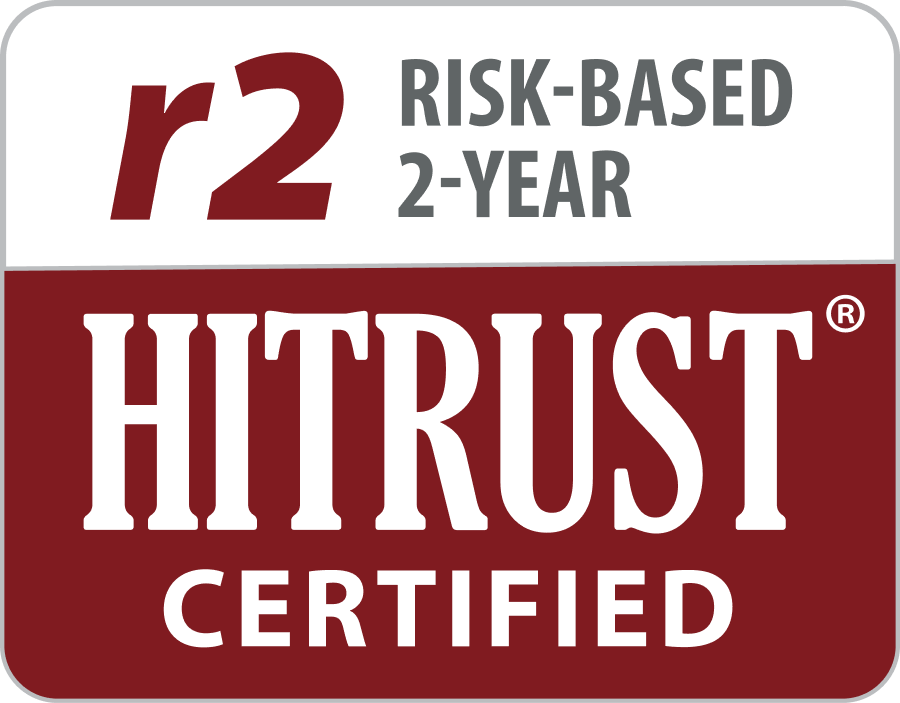by Lynn Kryfke, MSN, RN, Sr. Consultant, Risk Adjustment | Jon Rogers, Sr. Consultant, Risk Adjustment CMS recently announced its Innovation in Behavioral Health Model, intended to “improve quality of care, access, and outcomes for people with mental health conditions and substance use disorders in Medicaid and Medicare.”
Read More →Charles Baker, VP, Compliance Solutions The Centers for Medicare & Medicaid Services (CMS) continues to build upon its strategy to support person-centered, value-based care through the 2025 Medicare Advantage and Part D programs proposed rule. These proposals, a bold stride towards enhancing health equity, transparency, and patient-centric
Read More →– Charles Baker, VP, Compliance Solutions The transition of Medicare-Medicaid Plans (MMPs) to Dual-Eligible Special Needs Plans (D-SNPs) by the end of 2025 marks a significant change in healthcare delivery. This shift demands a comprehensive approach due to the complex regulatory ecosystem; it’s essential for health plans to
Read More →Health plans should now prepare to implement changes, including developing member retention and acquisition strategies To improve access and affordability of prescription drugs for low-income beneficiaries, the Inflation Reduction Act of 2022 eliminated the partial low-income subsidy (LIS) benefit beginning in 2024. This change will move Medicare beneficiaries
Read More →The proposed rule, Ensuring Access to Medicaid Services, includes changes to existing requirements and introduces new requirements. The proposed regulations advance CMS’s efforts to improve access to care, quality and health outcomes; the regulations are intended to promote health equity across fee-for-service (FFS) and managed care delivery
Read More →States begin Medicaid redetermination efforts on April 1, 2023 States will start Medicaid redetermination efforts on April 1, 2023. The Consolidated Appropriations Act, 2023 effectively terminated previous requirements that the redetermination period would begin at the end of the Public Health Emergency. If states meet the requirements, they’ll
Read More →




